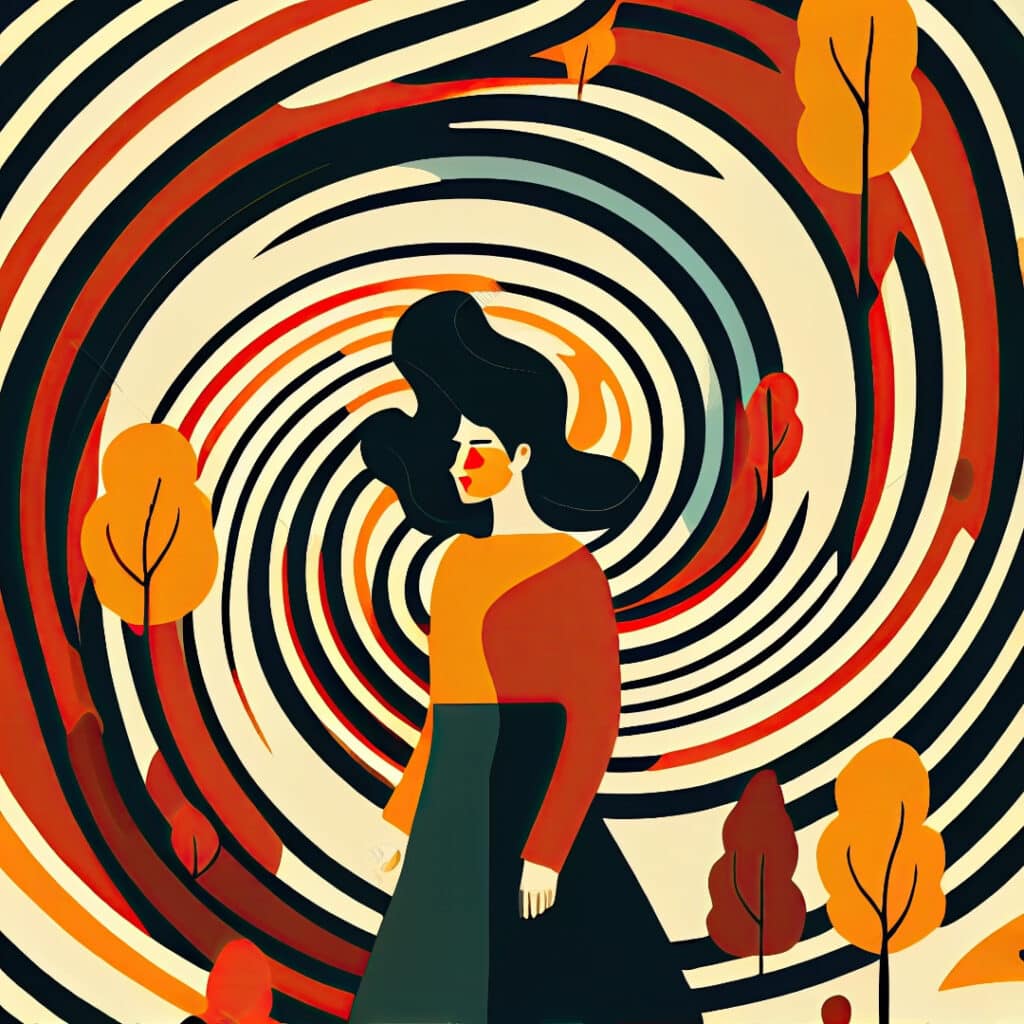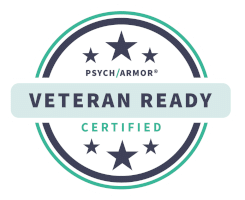Watching someone experience a manic episode is a difficult thing to witness. It probably feels like there isn’t much you can do to alleviate your loved one’s struggles. Although it’s true you can’t eliminate their mania, there are a few ways to help someone through a manic episode. Wondering how to calm a manic episode? This is a great place to start.
What is a Manic Episode?
Mania is a symptom of a few mental health disorders, primarily bipolar disorder, and cyclothymic disorder. These conditions cause notable and often severe shifts in mood and energy levels, also called episodes. Manic episodes and depressive episodes are the two primary types of episodes, as well as hypomania, a milder form of mania. A manic episode involves a highly-elevated mood, increased energy levels, decreased impulse control, and occasionally psychosis. Mania may look or seem like excitement and extreme productivity, but there is a reckless and uncontrolled component to the high energy. Your loved one may appreciate the mania, especially after a difficult depressive period, but manic episodes can come with some serious consequences.Manic Episode Symptoms
The first step in learning how to calm a manic episode is to recognize manic episode symptoms.1 Some of the symptoms of mania include:- Feeling very happy, excited, or elated
- Talking fast
- Having a lot more energy than normal
- Feeling increased self-confidence or inflated sense of self-importance
- Coming up with lots of new and exciting plans and ideas
- Needing less sleep
- Being quick to frustration, irritation, or anger
- Experiencing delusions, hallucinations, or disturbed, illogical thinking
- Acting out in reckless or risky ways, including spending large amounts of money, using alcohol or drugs, or having unprotected sex
How to Calm a Manic Episode
Watching your loved one experience a manic episode can feel distressing. It’s difficult to see them acting out and making potentially harmful decisions.2 Thankfully, knowing how to calm a manic episode can make a difference for your loved one.Learn about your loved one’s condition
Educating yourself about your loved one’s mental health disorder is a great first step. The more you know about manic episode symptoms and other signs, the easier it is to identify when their mental health disorder is more prominent.Stay calm and patient
Recognize that mania is not your loved one’s fault. They do not choose to experience the severe mood swings and energy shifts that are characteristic of their condition. Staying calm may feel impossible at times, but it’s easier to calm a manic episode when you remain level-headed yourself.Encourage them to get help
No matter how much you love them or what you do, you cannot “cure” your loved one’s condition. It’s important that you encourage your loved one to get professional help or continue following through with their treatment plan and protocol.Seek support for yourself
Sometimes it may help you to seek support for yourself. Providing direct care and support for a loved one with a mental health disorder can be difficult and draining. Ensuring you have the proper support is like putting on your oxygen mask first so you can help them with theirs.Finding Help for Bipolar Disorder
No matter how much you know about bipolar disorder, cyclothymia, or how to calm a manic episode, nothing takes the place of professional help. Your loved one should seek and receive effective and ongoing mental health care for their condition. Programs like those at Pasadena Villa offer understanding and comprehensive care for those struggling with bipolar disorder, depression, anxiety, and other mental health disorders. To learn more about the treatment programs available, call us or fill out the online form to speak with an admissions specialist today. References- National Health Service. (2023). Symptoms – bipolar disorder.
- National Alliance on Mental Illness. (2022). How can I help my loved one during a manic episode?.





